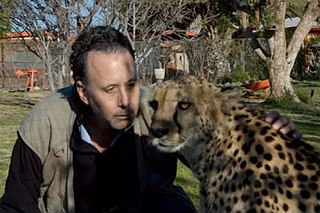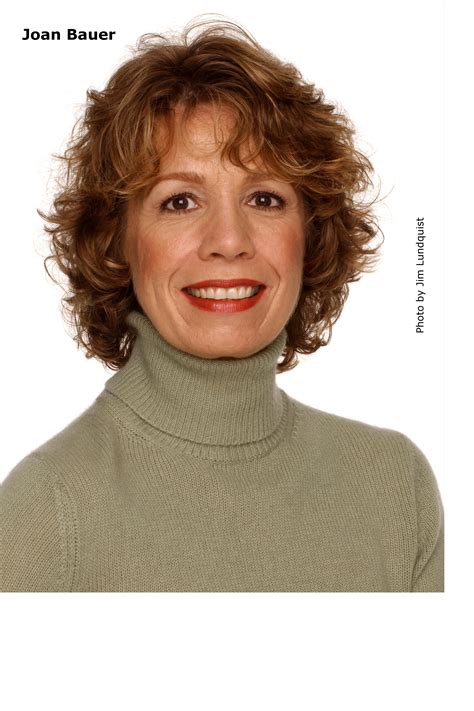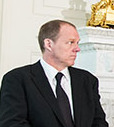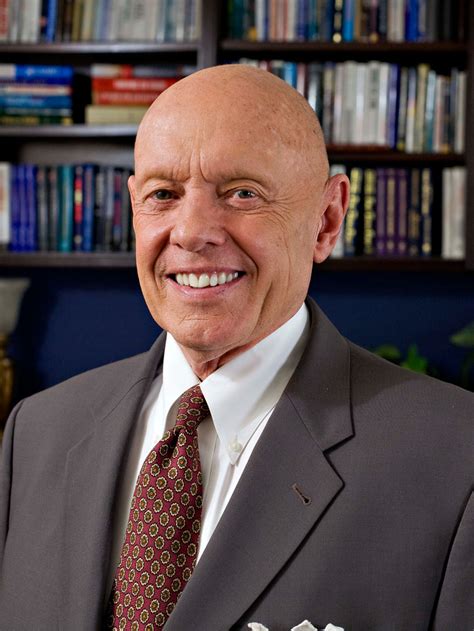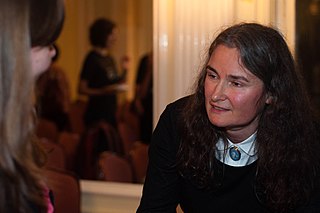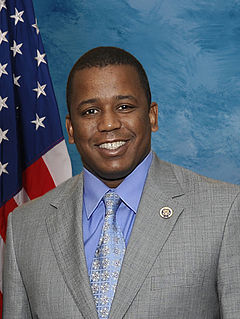A Quote by Michael Tobias
I write both, as you know, dozens of ecological and social scientific and historical works, dozens of novels. It's hard to describe a novel that grapples with the horrors of World War II as anything but grueling. But Codex Orféo is somehow...well, I hope, riveting for readers. Deeply provocative. Cinematic in a nearly surreal sense.
Related Quotes
Any rational human being is horrified and existentially baffled by the reality of the Holocaust meted out by the Nazis, by the majority of Germans throughout the 1930s and World War II; and by the countless countries, communities and individuals who collaborated with the vast constellation of Hitler's monsters in the gruesome murder of well over 60% of European Jewry. Codex Orféo reminds us that the root of that insanity is continuing in the form of contemporary Holocausts against other species, with equally systematic, atrocious and inexplicable madness.
Honesty is a principle. Service is a principle. Love is a principle. Hard work is a principle. Respect, gratitude, moderation, fairness, integrity, loyalty, and responsibility are principles. There are dozens and dozens more. They are not hard to identify. Just as a compass always points to true north, your heart will recognize true principles.
Twenty years ago, there were dozens and dozens of independent television producers. There are a couple now, at the most. Mark Burnett, Endemol. It's gone. Everybody works for the Man now. And it's natural law, how that happened: Nobody prescribed it, but it's how things worked out and how it has been for decades, period.
The only thing I hope for is that, regardless of what the outward world is for different people, different nations, I hope their internal world is similar. And if I, hopefully, have managed to somehow describe my inner world in this book, all I count on is that it will have some resonance among the American readers, or, at the very least, the American readers will treat this book as a kind of a guidebook for my inner world, strange as it may appear.
It's disingenous for me to say that I wasn't trying to write a moral novel. By its very nature as a novel about the Iraq War, Fobbit steps into the political conversation. There's no way to avoid that. I can appreciate that readers are probably going to line up on one side of the novel or the other. I hope they go to those polar extremes, actually.
World War II made war reputable because it was a just war. I wouldn't have missed it for anything. You know how many other just wars there have been? Not many. And the guys I served with became my brothers. If it weren't for World War II, I'd now be the garden editor of The Indianapolis Star. I wouldn't have moved away.
